'Janet Planet' Is the Latest Must-See Entry in the Mother-Daughter Movie Canon
The sweet A24 movie marks the feature debut of Pulitzer Prize-winning playwright Annie Baker.
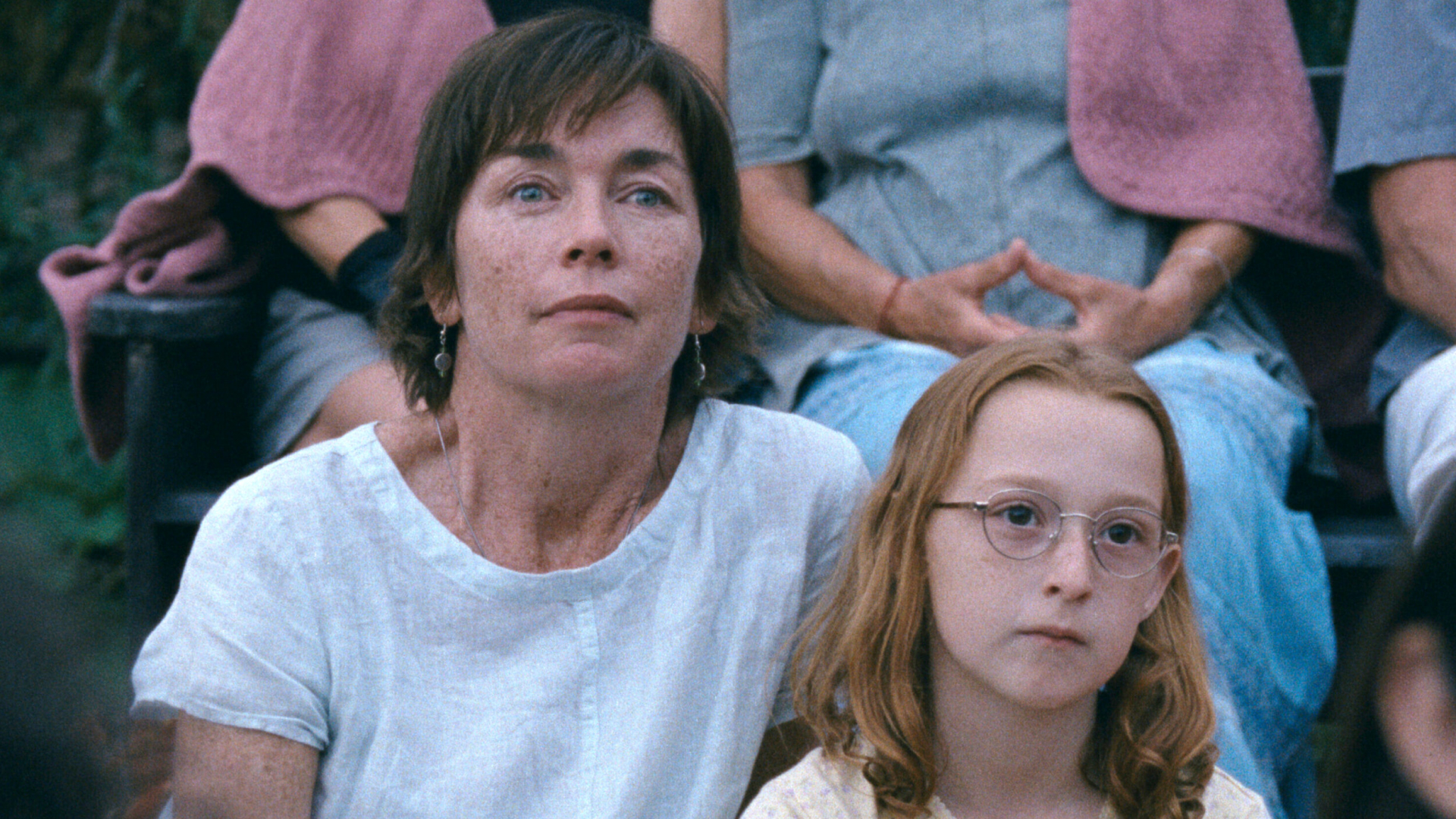
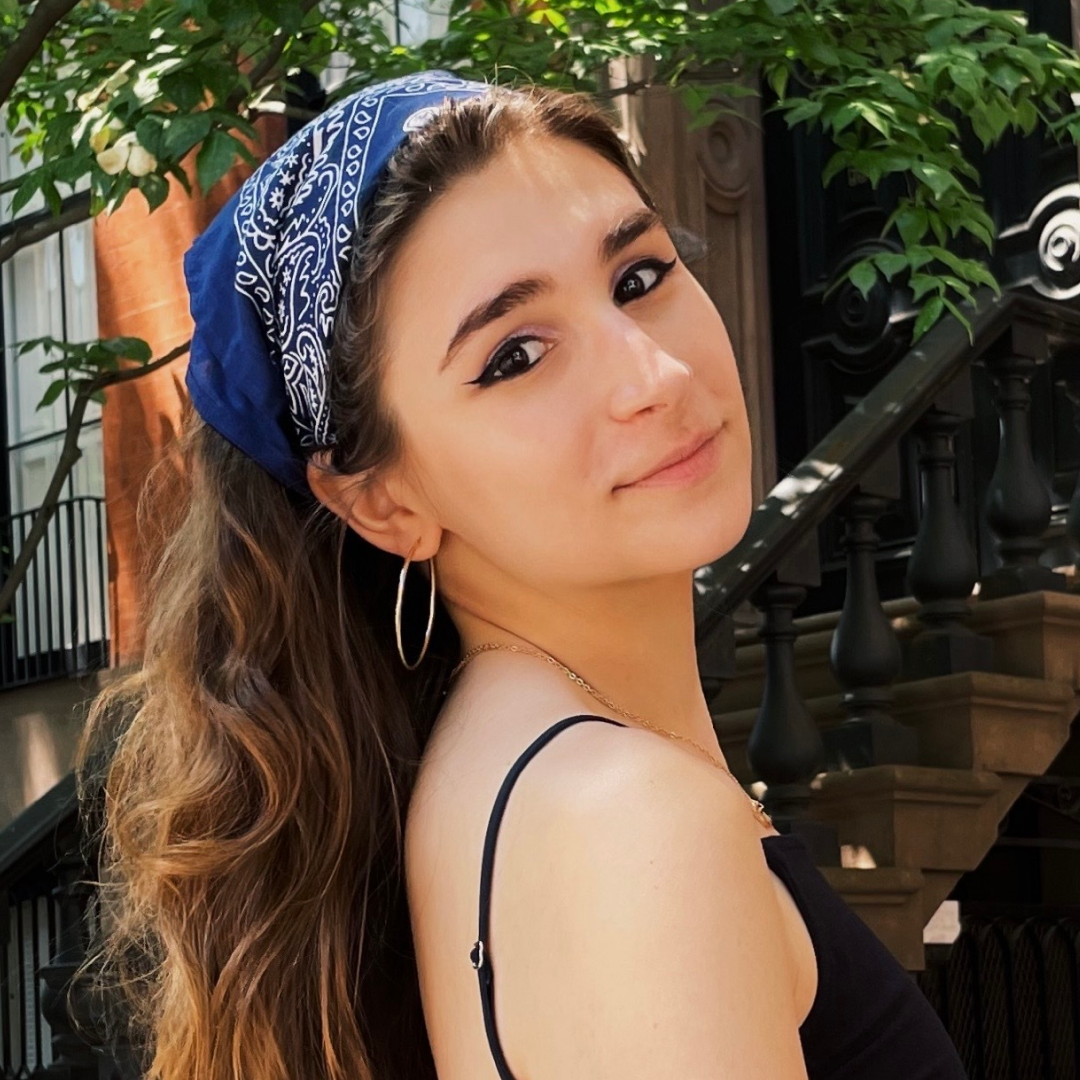
In one of the funniest, most heartwarming scenes in Pulitzer Prize-winning playwright Annie Baker’s debut film, Janet Planet, 11-year-old Lacy (Zoe Ziegler) asks her mom Janet (Julianne Nicholson) if she would be disappointed if she dates a girl one day. Lying in bed side-by-side, starting to doze off to sleep, Janet says of course not. Then after several beats of silence, she becomes alert as she frankly states, “I always wondered if you would grow up to be a lesbian.” Janet explains that she doesn’t understand how someone as headstrong as Lacy could ever be with a man; and astutely, Lacy points out that she’s only ever seen Janet date men.
Written and directed by Baker after helming over a decade of acclaimed plays (Circle Mirror Transformation, The Frick, Nocturna) and released by A24, Janet Planet is a humble comfort movie that makes humble emotions feel massive—and one of the best dramas of the year. Set in 1991 in western Massachusetts, the film (out now in theaters nationwide) follows Lacy’s lackadaisical summer and her attentiveness to how her bohemian mother moves through the world and the many people, from s---y boyfriends to old friends, who come in and out of it. But most importantly, it’s a tender meditation on mother-daughter relationships; specifically, the way our mothers see us and we see them unlike anybody else.
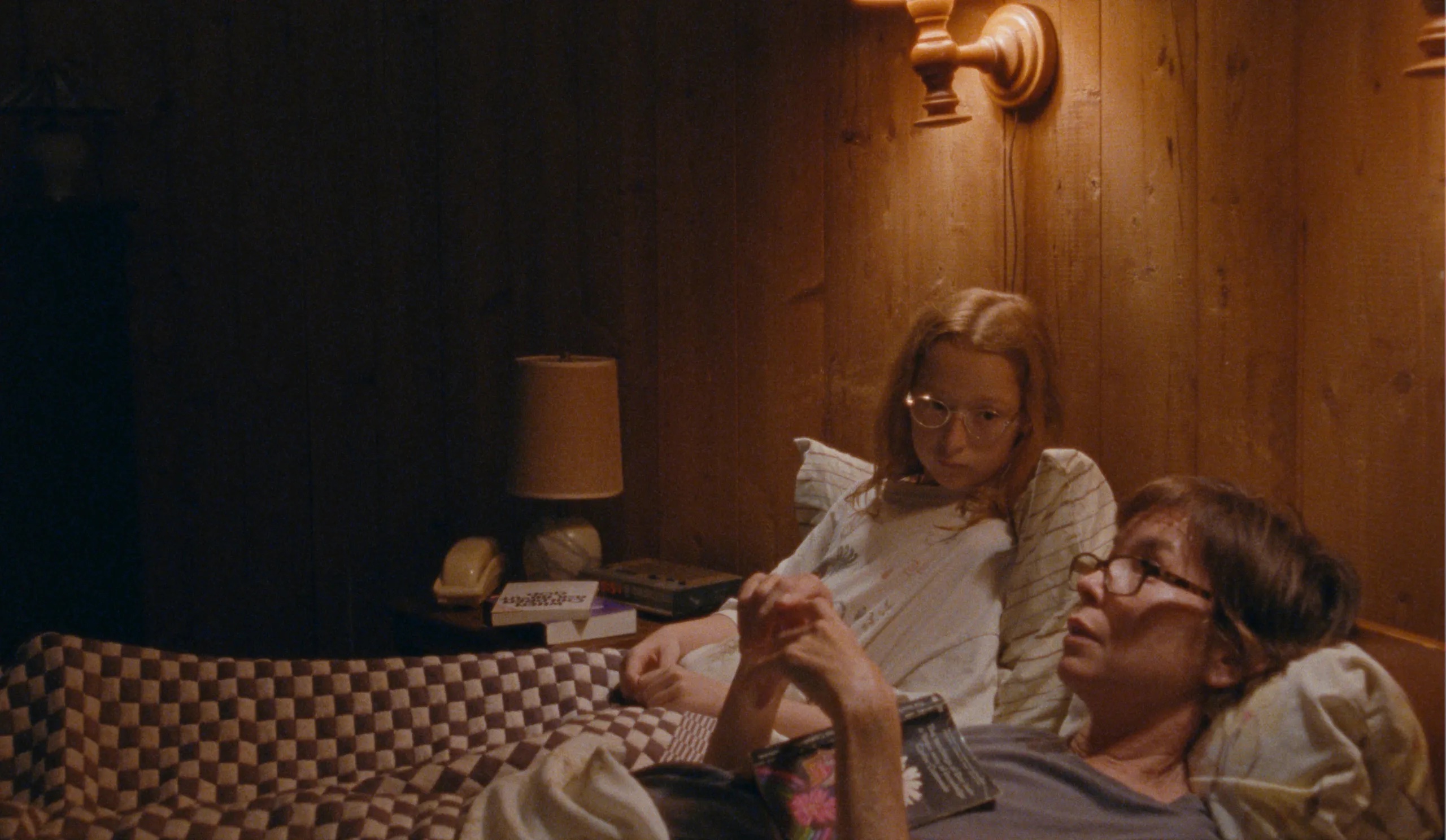
Zoey Ziegler as Lacy and Julianne Nicholson as Janet, lying in bed together, in Janet Planet.
Janet Planet begins as Lacy sneaks out of her bunk at summer camp to make a phone call. “I’m going to kill myself if you don’t come and get me,” she says matter-of-fact tone to her mother on the other end, who’s there to rescue her by morning. Rather than encouraging her to stay, Janet drives her home without question—seemingly both because she values Lucy’s autonomy and trusts that one day she’ll get to a place where she doesn’t need to make that phone call.
Much of Janet Planet is framed around how perceptive Lacy is to the world. While she has her quirks, she’s not necessarily a precocious child cliché. Rather, she represents a kind of intellect that feels unique to girls before they enter middle school or hit puberty—when they still feel invincible, proud to be inquisitive, and unhindered by shame. She’s bold and pressing in the questions that she asks and fervently observant as she watches Janet or studies the outdoors with the very particular, quiet stare that she so often holds through her wire-frame glasses.

Janet (Julianne Nicholson) combing Lacy's (Zoey Ziegler) hair.
Janet sees Lacy just the same. At one point, she even tells another adult in her life that she feels like her daughter is always observing her, even when she’s not around. She’s also unafraid of speaking to her like an adult. When Lacy hysterically notes that she feels like every moment of her life—consisting of repetitive piano lessons, lonely bike rides to the ice cream stand, and melancholic days laying inside to beat her bummer summer—is Hell, Janet says, “I don’t think it will last, though.” Later, Janet gives a soliloquy about how she feels like she can make any man fall in love with her, and like that quality has ruined her life. Lacy listens, maybe because she understands already and sees that in her mom, or maybe because at the very least she would like to try to understand and thinks she could.

Janet (Julianne Nicholson) contemplatively sitting in a field.
There are many excellent movies about mother-daughter relationships—their unique comfort or fraughtness. And Janet Planet may be a small story but it shows how expansive the world between a mother and her child can be when their closeness allows one to grow. It feels special because of that—inevitably reminding you of all of the even most muted details you notice of your mother, the moments that you reflect on how she had a girlhood of her own that you’ll never quite know, or your own summers from 10, 11, and 12. It also feels unique because of the empowerment it lends to girls of Lacy’s age, whose stories are seldom told with such profundity. But then again, it’s what mothers always see in their own and girls tend to know to be true of themselves; Baker is just letting you even closer into that orbit, and in Janet Planet, it’s a beautiful place to be.
Stay In The Know
Get exclusive access to fashion and beauty trends, hot-off-the-press celebrity news, and more.

Sadie Bell is the Senior Culture Editor at Marie Claire, where she edits, writes, and helps to ideate stories across movies, TV, books, and music, from interviews with talent to pop culture features and trend stories. She has a passion for uplifting rising stars, and a special interest in cult-classic movies, emerging arts scenes, and music. She has over eight years of experience covering pop culture and her byline has appeared in Billboard, Interview Magazine, NYLON, PEOPLE, Rolling Stone, Thrillist and other outlets.
-
 Princess Anne's Unexpected Suggestion About Mike Tindall's Nose
Princess Anne's Unexpected Suggestion About Mike Tindall's Nose"Princess Anne asked me if I'd have the surgery."
By Amy Mackelden Published
-
 Queen Elizabeth's "Disapproving" Royal Wedding Comment
Queen Elizabeth's "Disapproving" Royal Wedding CommentShe reportedly had lots of nice things to say, too.
By Amy Mackelden Published
-
 Palace Employees "Tried" to Get King Charles to "Slow Down"
Palace Employees "Tried" to Get King Charles to "Slow Down""Now he wants to do more and more and more. That's the problem."
By Amy Mackelden Published
-
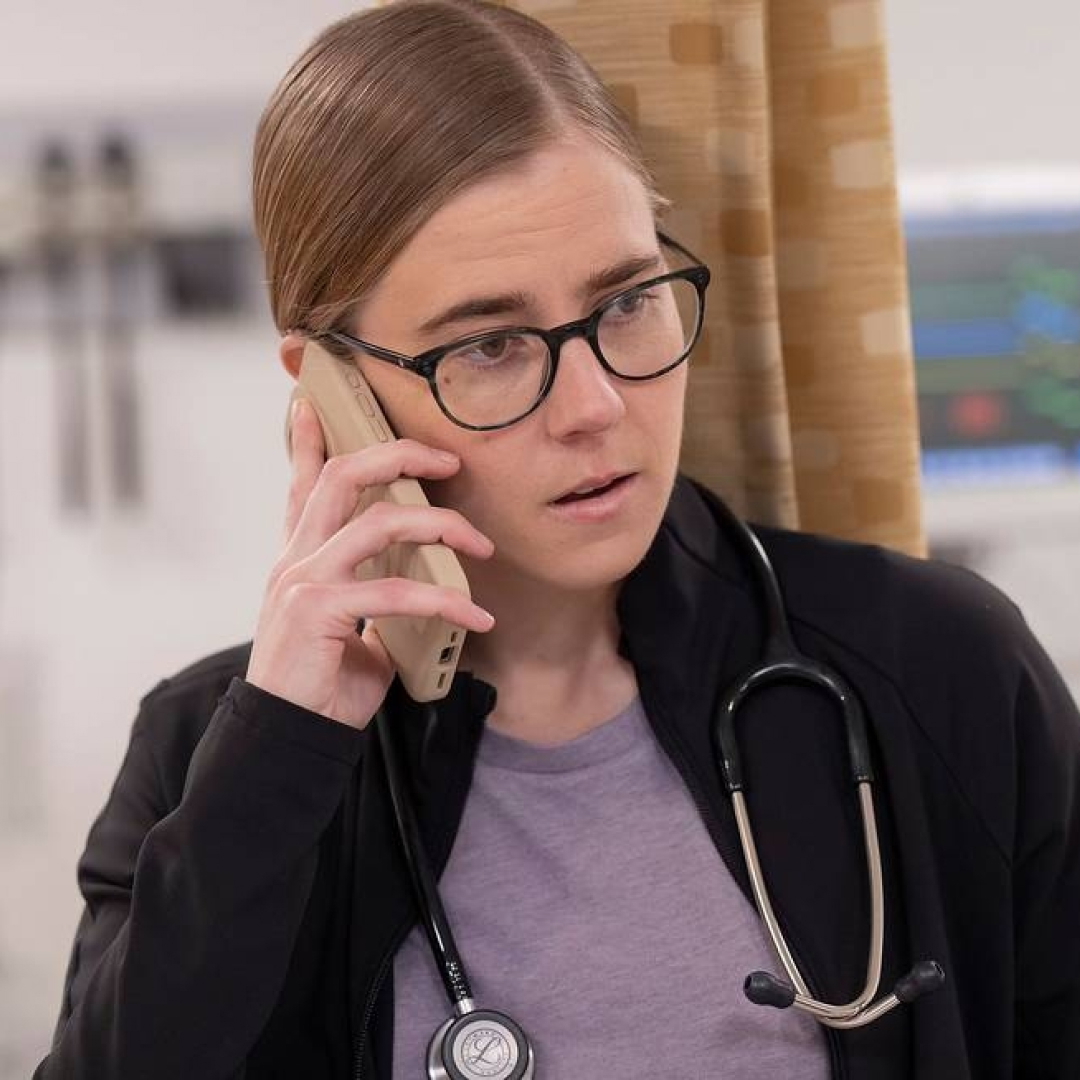 What to Know About Taylor Dearden, the Actress Who Plays Dr. Mel King on 'The Pitt'
What to Know About Taylor Dearden, the Actress Who Plays Dr. Mel King on 'The Pitt'Here's what to know about the Max series's breakout star, who just so happens to come from TV royalty.
By Quinci LeGardye Published
-
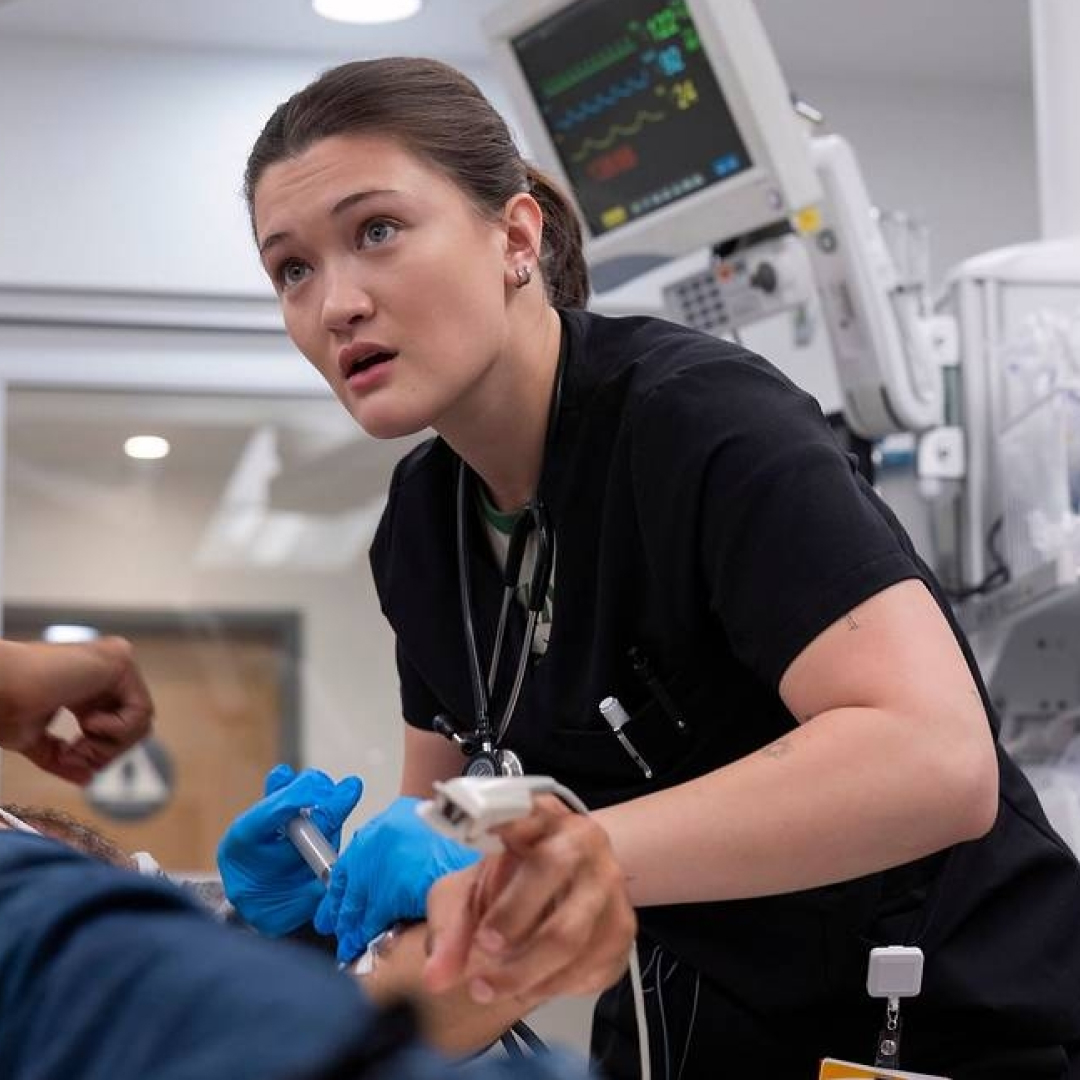 We Owe Dr. Trinity Santos From 'The Pitt' an Apology
We Owe Dr. Trinity Santos From 'The Pitt' an ApologyThe season finale of the smash Max series proved that the most unlikable character on TV may just be the hero we all need.
By Jessica Toomer Published
-
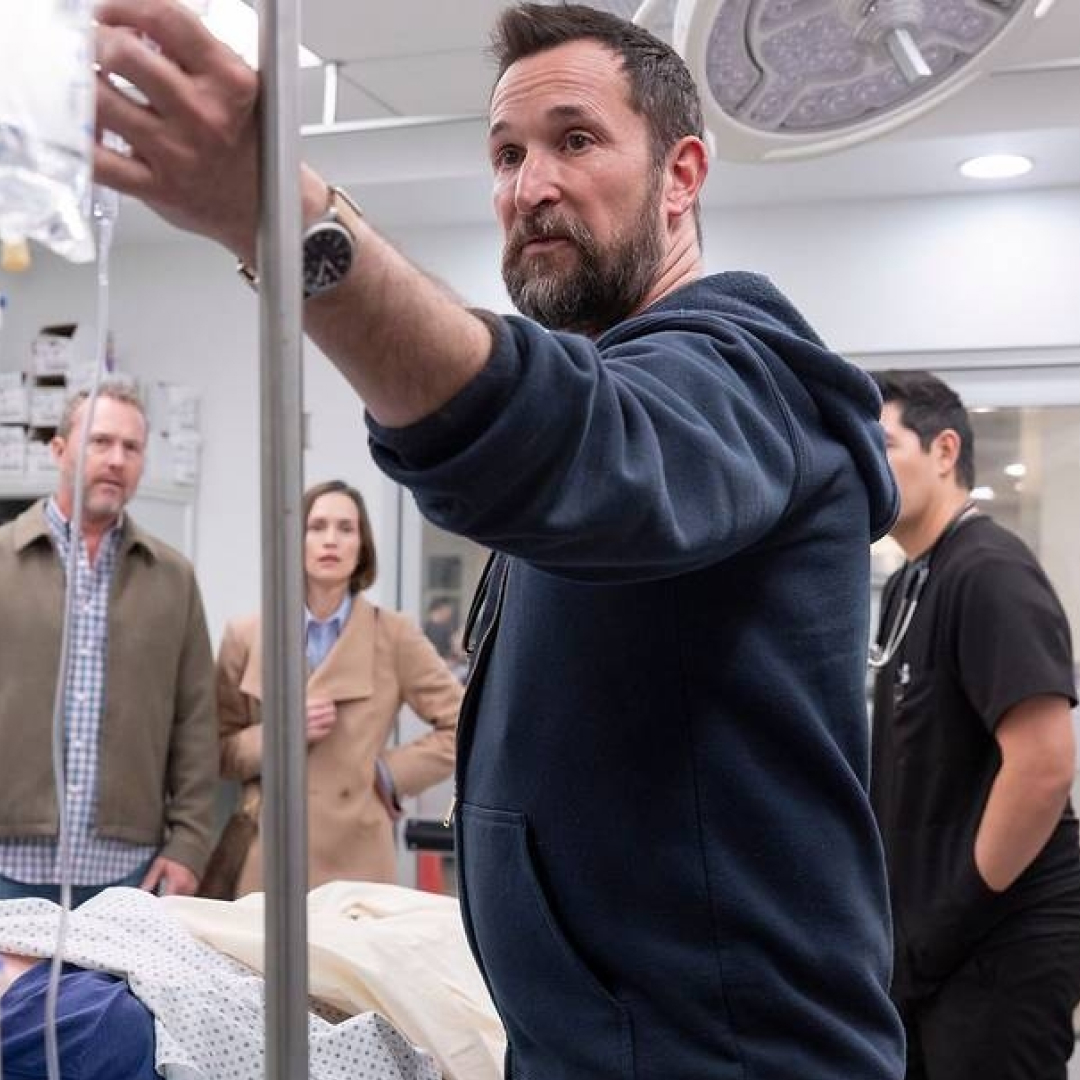 'The Pitt' Season 2: Everything We Know
'The Pitt' Season 2: Everything We KnowHere's where the hit Max medical drama could go after its gripping finale.
By Radhika Menon Published
-
 Meet Nicholas Duvernay, the Actor Who Plays Zion in 'The White Lotus' Season 3
Meet Nicholas Duvernay, the Actor Who Plays Zion in 'The White Lotus' Season 3We can't stop thinking about his scene-stealing performance in the finale.
By Quinci LeGardye Published
-
 'The White Lotus' Season 4: Everything We Know
'The White Lotus' Season 4: Everything We KnowCreator Mike White has already started teasing where the next installment will be set—and who might be back.
By Quinci LeGardye Published
-
 'Pulse' Season 2: Everything We Know
'Pulse' Season 2: Everything We KnowWe need to know about the future of the central will-they-won't-they STAT.
By Quinci LeGardye Published
-
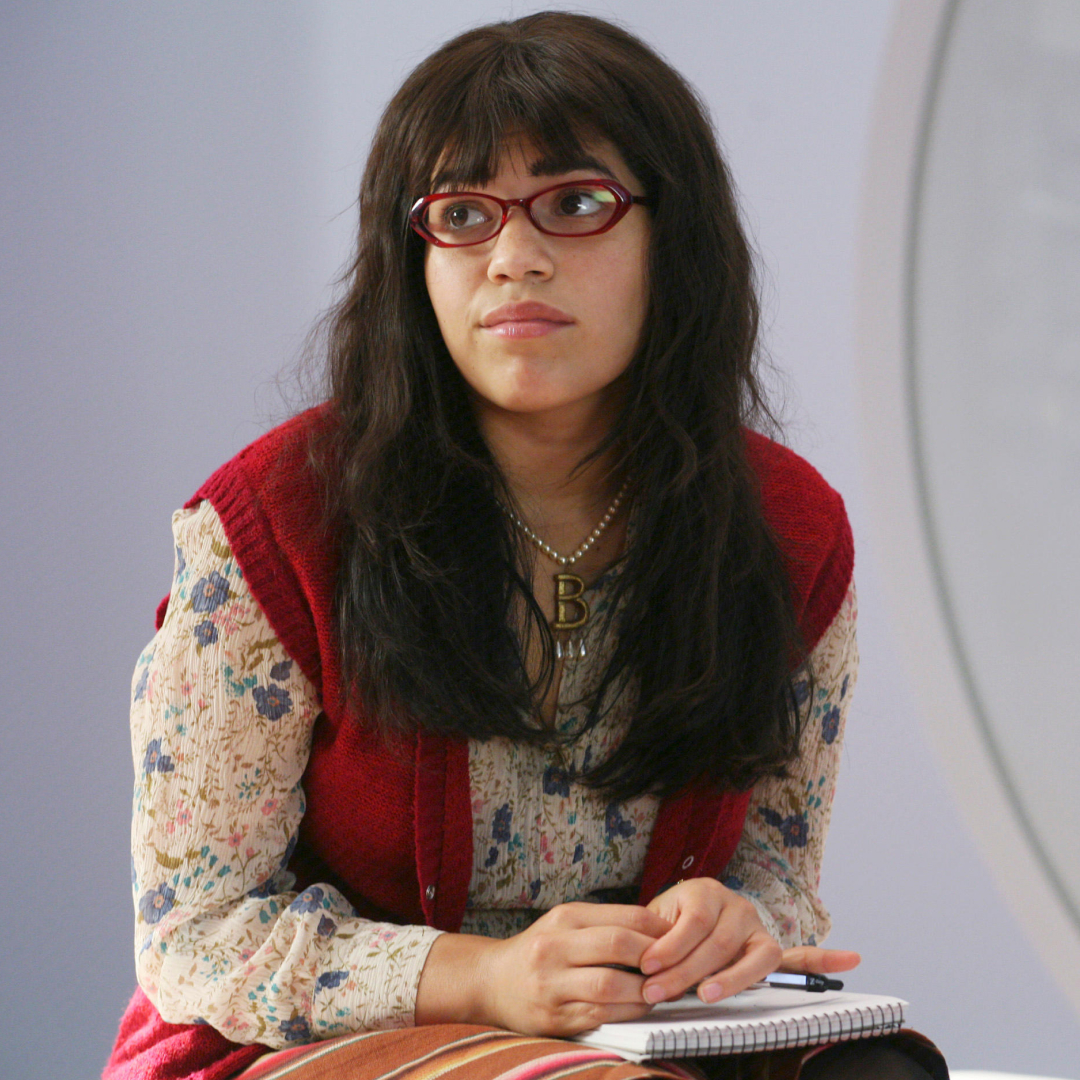 The Best Workplace TV Shows of All Time
The Best Workplace TV Shows of All TimeFrom iconic sitcoms to award-winning dramas.
By Iris Goldsztajn Published
-
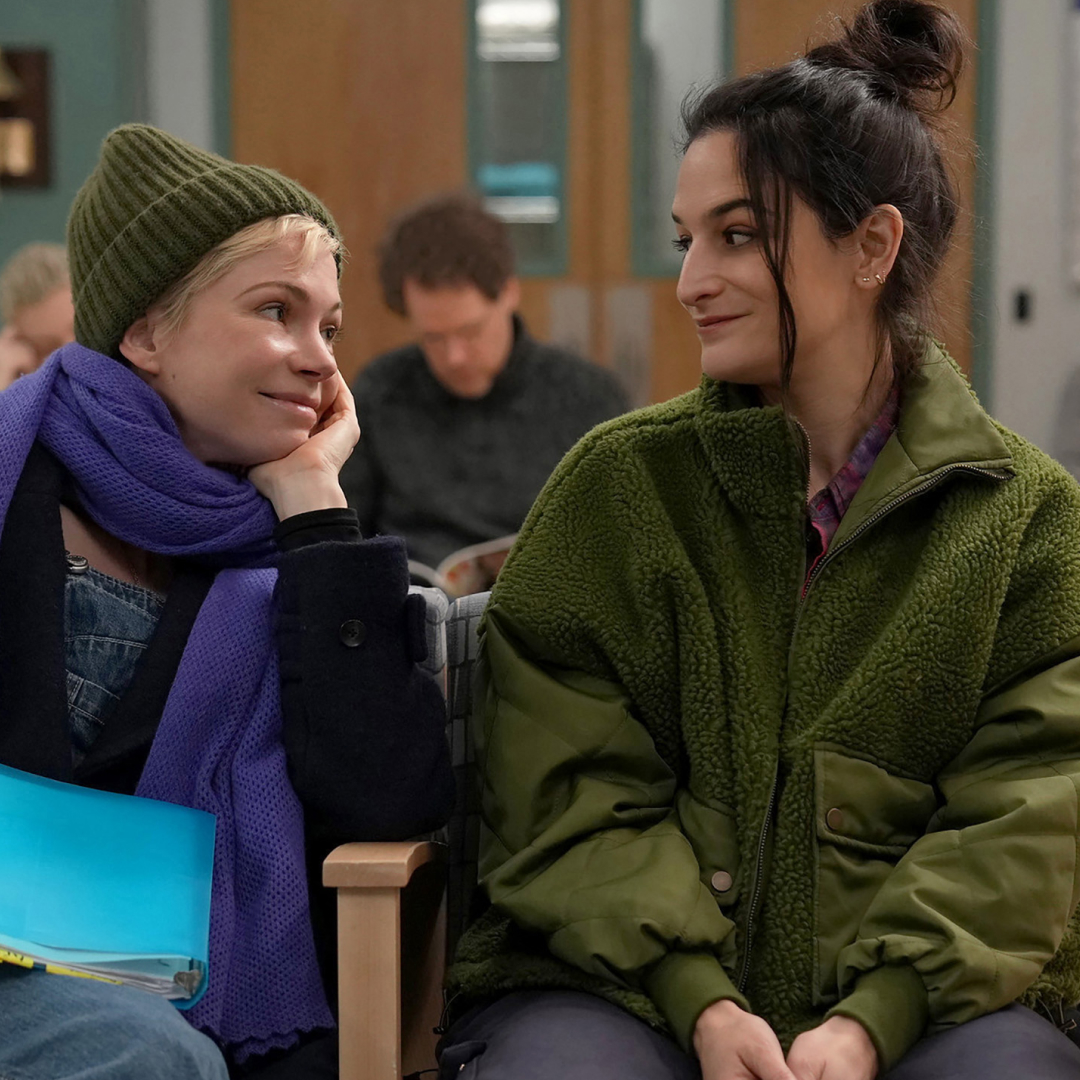 'Dying for Sex' Brought Jenny Slate to Life
'Dying for Sex' Brought Jenny Slate to LifeThe actress shares why playing Nikki in FX on Hulu's female friendship dramedy has felt like a life-changing part.
By Sadie Bell Published